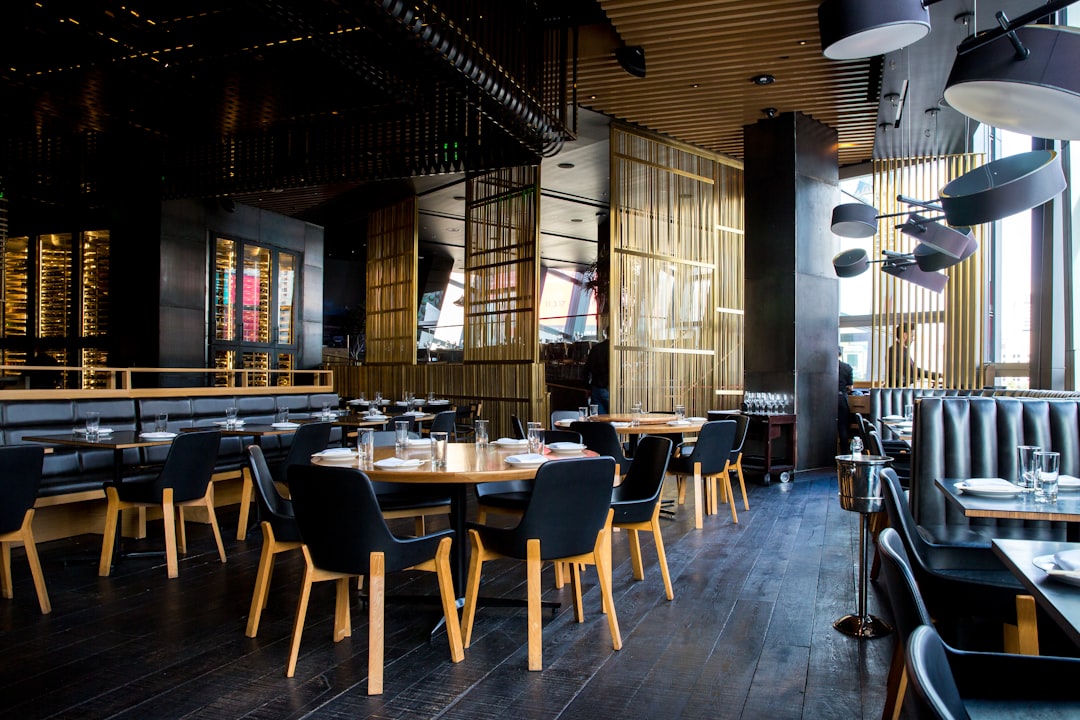
Exploring the Best Foods in the World: A Culinary Journey
# Introduction. Food is an incredible catalyst for cultural exchange, and each bite tells a unique story about the place it comes from. Exploring the best foods in the world is not just about taste; it’s about the journey, the history, and the people behind the dishes. From street food stalls in Southeast Asia to Michelin-starred restaurants in Europe, the opportunity to taste new flavors enriches our travel experiences and connects us to different cultures. # Street Food Wonders of Asia. When we think about food that embodies local culture, Asian street food stands out as a quintessential experience. Cities like Bangkok, Thailand, and Hanoi, Vietnam, are renowned for their vibrant street food scenes. In Bangkok, vendors serve dishes like Pad Thai and Som Tum (spicy green papaya salad) right on the sidewalk. These meals are not just convenient; they’re steeped in tradition, using family recipes passed down through generations. Meanwhile, in Vietnam, embracing dishes like Pho and Banh Mi brings people together over steaming bowls and crusty baguettes. The aromatic blends of herbs and spices used in these dishes reflect the country's rich culinary heritage. # Culinary Staples of Europe. In Europe, each region proudly champions its unique culinary delights. Italy is famous for its pasta, pizza, and gelato, where every bite transports you to picturesque villages and sun-soaked vineyards. Make sure to indulge in regional variations like Sicilian arancini or Neapolitan pizza, where craftsmanship meets tradition. Moving north, France offers an array of culinary masterpieces. Explore the savory richness of coq au vin or indulge in heavenly pastries like macarons from renowned patisseries in Paris. The love for food in these regions is evident in their local markets, where fresh ingredients and artisanal skills come together harmoniously. # Flavors of the Americas. The Americas offer a cornucopia of culinary experiences, rich in diversity and history. Mexico’s vibrant food scene is a testament to its heritage, showcasing flavors through street tacos, mole, and fresh ceviche. The use of corn, beans, and spices shows the intricacies of tradition such as the rituals surrounding a communal meal. Meanwhile, in the United States, regional barbecue styles vary dramatically from Kansas City ribs to Texas brisket, each reflecting local preferences and cultural influences. Don’t forget to discover the burgeoning farm-to-table movement that spans across the country, emphasizing the importance of fresh, locally sourced ingredients. # African Delicacies to Discover. Africa holds an incredible wealth of culinary traditions that reflect its diverse cultures and communities. From the savory tagines of Morocco to the spicy stews of West Africa, meals are deeply intertwined with the stories of ancestral practices. South African braai (barbecue) culture is not just about the food but also about the gathering of friends and family. Moreover, don’t miss trying traditional dishes like injera from Ethiopia or bunny chow from South Africa to truly appreciate the continent's culinary diversity. # Fusion and Modern Cuisine. In this interconnected world, food is constantly evolving, leading to exciting fusion dishes that blend elements of different culinary traditions. Cities like Los Angeles boast a melange of food cultures where Korean BBQ meets Mexican tacos, resulting in unique offerings like kimchi quesadillas. Chefs are increasingly experimenting with flavors and techniques, creating modern takes on classic dishes that offer fresh interpretations of familiar tastes. These culinary innovations invite travelers to taste not just the past, but the future of food as well. # Conclusion. Exploring the best foods in the world is a culinary adventure that is as much about the destination as it is about the flavors. Each dish, street stall, and fine dining establishment tells a tale of history, culture, and passion. By immersing yourself in local cuisine, you gain deeper insights into the people and traditions that define a place. So next time you embark on a journey, make it a point to discover the hidden gems of cuisine that await you, as they are sure to enhance your travel experience like nothing else can. .







